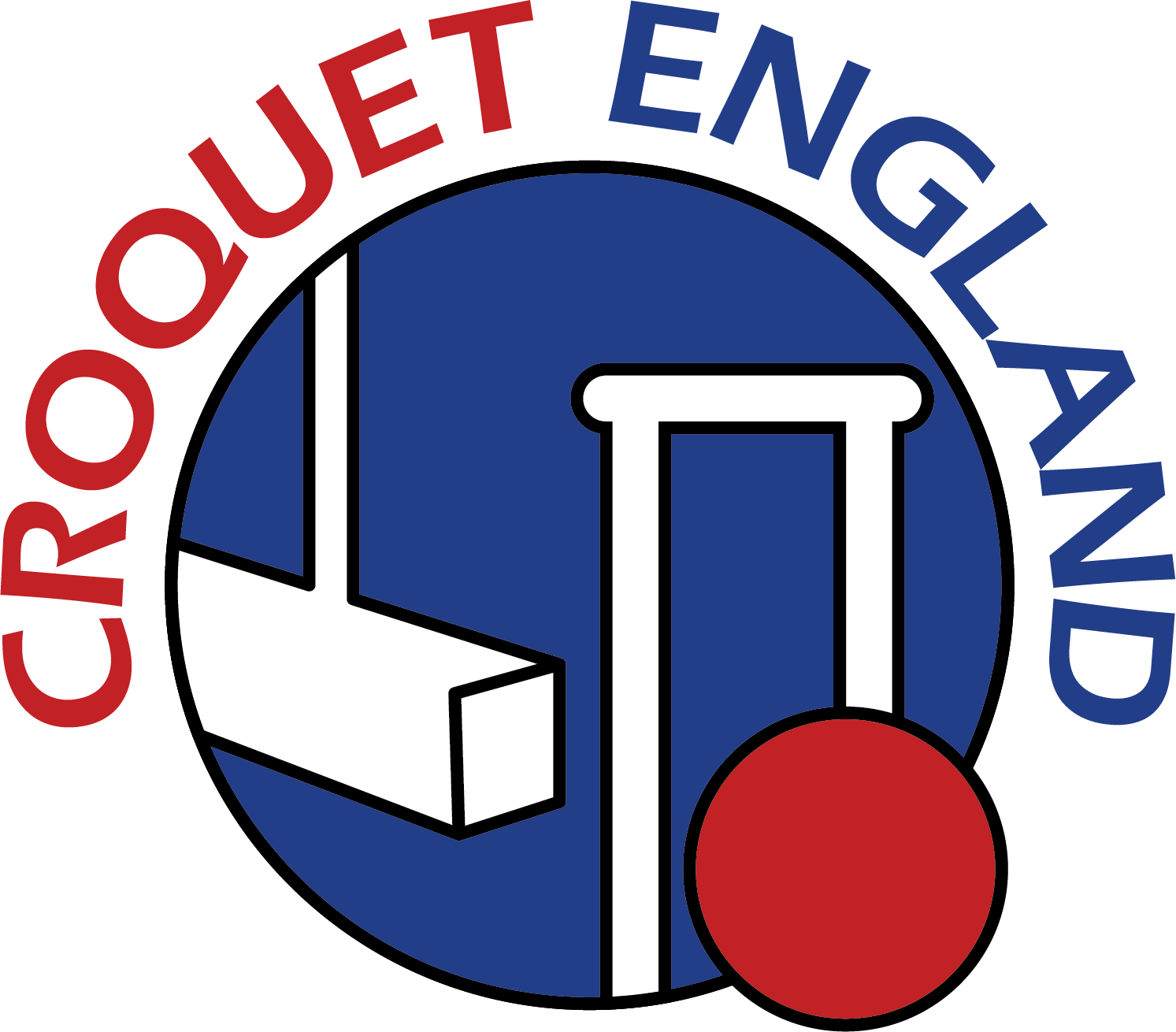Respond
If you think someone is in imminent danger or injured, then you must contact the emergency services immediately. You must also tell our National Safeguarding Officer.
If you have a concern that a child or an adult may be suffering from some form of abuse:
- Keep calm and choose a quiet moment.
- Ask if they are OK or if everything is alright. It is quite likely that they will say it is, even if it is not.
- Tell them that if they are worried about anything they should tell someone they trust such as their parent, grandparent, club welfare officer, coach, teacher or doctor.
- Do not ask leading questions or try and push them into saying anything.
- Make a note of your concerns, what you said to the child or adult and what they said.
- Do not approach a person suspected of causing harm.
- If your concern is about an adult then it may be appropriate to discuss getting external advice or help with them. A list of support agencies is given in Adult Safeguarding – Supporting Information
Further information:
Croquet England’s Child Safeguarding – Responding, Recording and Reporting procedures.
Croquet England’s Adult Safeguarding – Responding, Recording and Reporting procedures.
For further tips can be found at Responding to a Child’s Disclosure of Abuse | NSPCC Learning – YouTube and How to Act to Safeguard Adults at Risk of Abuse

